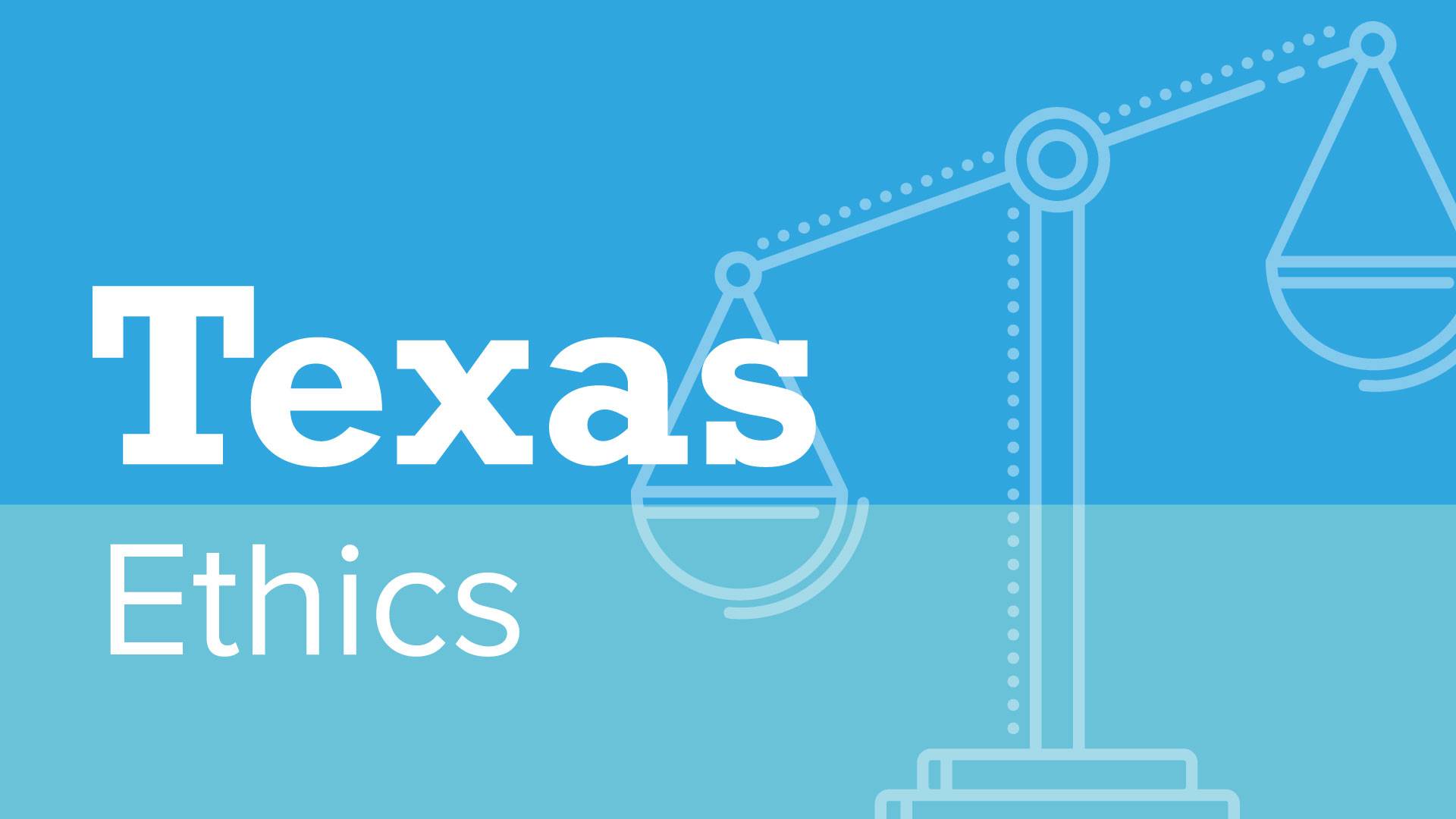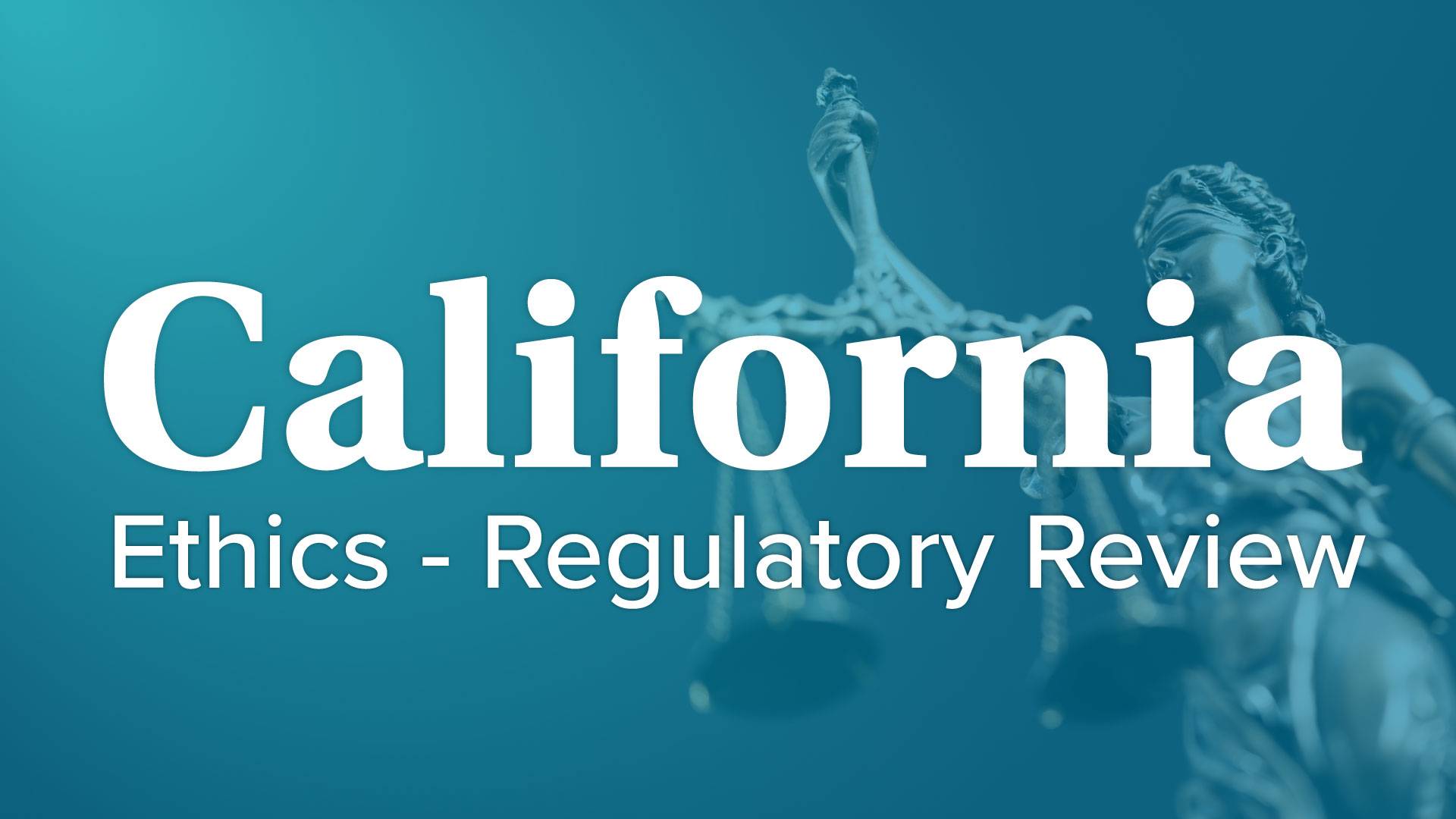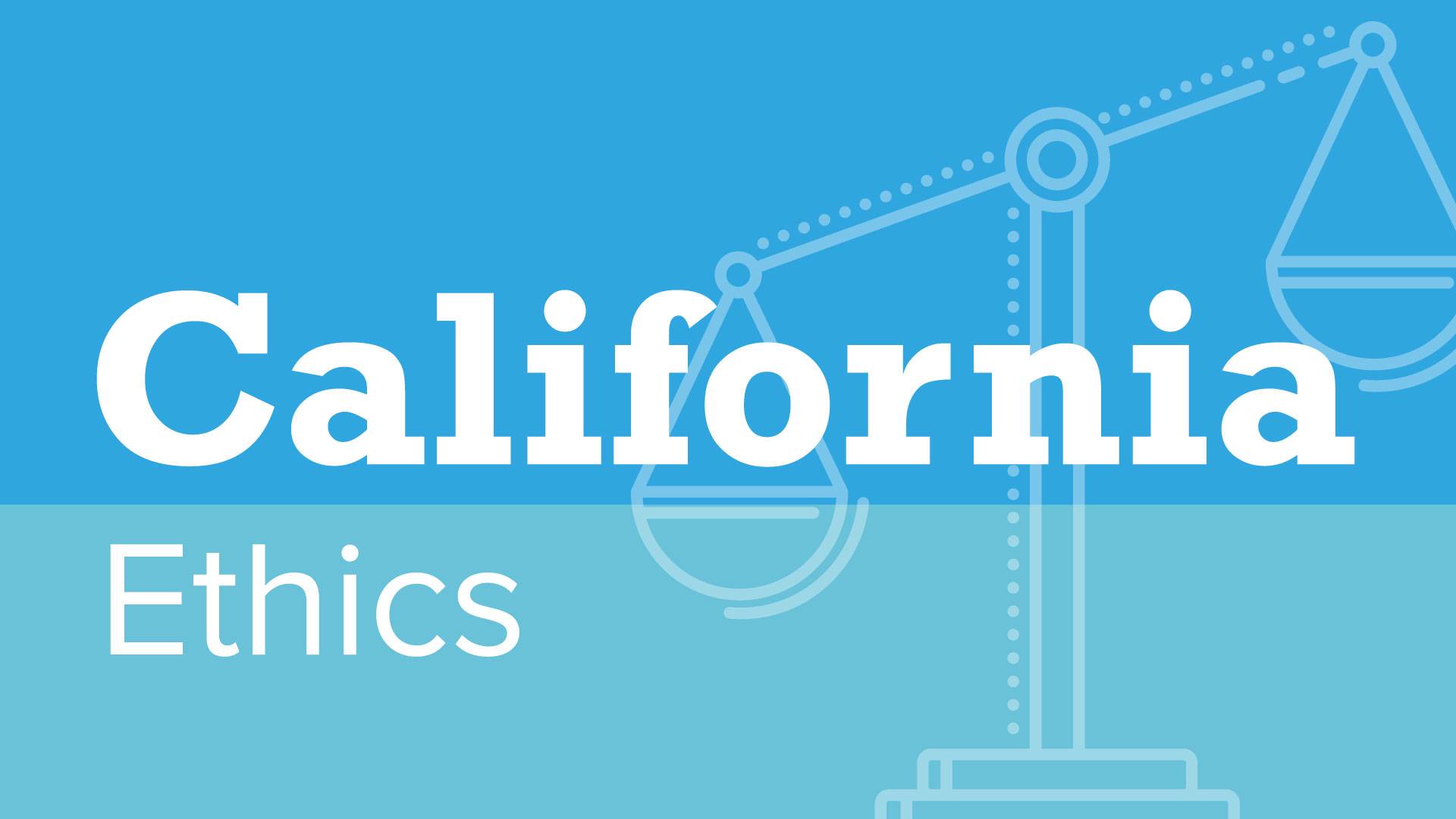Self-Study
Tax Return Preparer Ethical Issues
Examine ethical responsibilities surrounding IRS Circular 230, such as covering practitioner duties and best practices.

$58.00 – $78.00
Webcasts are available for viewing Monday – Saturday, 8am – 8pm ET.
Without FlexCast, you must start with enough time to finish. (1 Hr/Credit)
Please fill out the form below and we will reach out as soon as possible.
CPE Credits
2 Credits: Regulatory Ethics
Course Level
Basic
Format
Self-Study
Course Description
In the complex world of tax law, where the IRS processes over 200 million returns annually, the need for skilled tax professionals is paramount. However, with this complexity comes the challenge of adhering to ethical standards and regulations set forth by the IRS. Tax professionals often grapple with the intricacies of Treasury Department Circular No. 230, which delineates the ethical responsibilities of practitioners. Missteps in understanding or applying these rules can lead to serious professional consequences.
This ethics CPE course offers a comprehensive solution to these challenges. By examining the key aspects of Circular 230, participants gain in-depth knowledge about the scope of permissible responsibilities, best practices for IRS submissions, and standards related to tax return and document preparation. The CPE ethics course also navigates through real-world scenarios, enhancing participants’ ability to tackle ethical dilemmas in their practice. By the end of this ethics CPE course, tax professionals will be well-versed in the duties and restrictions of their practice, understanding the sanctions for non-compliance and the standards for client interaction. This CPE ethics course is an invaluable guide to maintaining integrity and professionalism in the field of tax preparation.
Learning Objectives
Upon successful completion of this course, participants will be able to:
Chapter 1
- Recognize the scope of permitted tax return preparer responsibilities
- Identify the best practices for tax advisers in preparing or assisting in the preparation of a submission to the IRS with respect to client communication, establishing relevant facts, providing client advice, and practice before the IRS
- Recognize the standards related to tax return and document preparation as well as applicable standards for advising clients concerning potential penalties
Chapter 2
- Recognize practitioner duties and restrictions with respect to information to be furnished to the IRS; the practice of law; dealing with taxpayer omissions, errors and noncompliance with U.S. revenue laws; the requirement for preparer diligence as to accuracy; return of client records; the existence of conflicts of interest; and solicitation of business
Chapter 3
- Define the terms censure, suspension, and disbarment as they apply to tax return preparers
- Identify the various sanctions that may be imposed for a preparer’s failure to comply with applicable conduct rules, noting their effect on practicing before the IRS
- Note circumstances in which appropriate monetary sanctions may be imposed as well as monetary penalties that may be assessed
- Note the types of conduct considered incompetent and disreputable
Course Specifics
4170637
January 1, 2025
There are no prerequisites.
None
63
Compliance Information
IRS Provider Number: 0MYXB
IRS Course Number: 0MYXB-E-02470-24-S
IRS Ethics Credits: 2
CTEC Course Number: 2071-CE-01346
CTEC Ethics Credits: 2
CFP Notice: Not all courses that qualify for CFP® credit are registered by Western CPE. If a course does not have a CFP registration number in the compliance section, the continuing education will need to be individually reported with the CFP Board. For more information on the reporting process, required documentation, processing fee, etc., contact the CFP Board. CFP Professionals must take each course in it’s entirety, the CFP Board DOES NOT accept partial credits for courses.
CTEC Notice: California Tax Education Council DOES NOT allow partial credit, course must be taken in entirety. Western CPE has been approved by the California Tax Education Council to offer continuing education courses that count as credit towards the annual “continuing education” requirement imposed by the State of California for CTEC Registered Tax Preparers. A listing of additional requirements to register as a tax preparer may be obtained by contacting CTEC at P.O. Box 2890, Sacramento, CA, 95812-2890, by phone toll-free at (877) 850-2832, or on the Internet at www.ctec.org.
Meet The Experts

Paul J. Winn CLU ChFC is a writer with more than 30 years experience in the life insurance and securities industry as an agent/registered representative, an agency head, a marketing vice president for a life insurance company and the president of a corporate registered investment adviser. He was a long serving member of the advisory board to the New York State insurance department. He is a published book author and creator of more than 200 taxation, insurance and securities training courses.
Related Courses
-
 Regulatory Ethics
Regulatory Ethics
Ethics and Professional Conduct for Texas CPAs
Joseph Helstrom, CPA QAS Self-Study
Credits: 4 $116.00
QAS Self-Study
Credits: 4 $116.00$116.00 – $136.00
-
 Regulatory Ethics
Regulatory Ethics
California Regulatory Review
Delta CPE LLC QAS Self-Study
Credits: 2 $58.00
QAS Self-Study
Credits: 2 $58.00$58.00 – $78.00
-
 Regulatory Ethics
Regulatory Ethics
Ethics and Professional Conduct for California CPAs
Patricia McCarthy, MBA & Joseph Helstrom, CPA QAS Self-Study
Credits: 4 $116.00
QAS Self-Study
Credits: 4 $116.00$116.00 – $136.00
